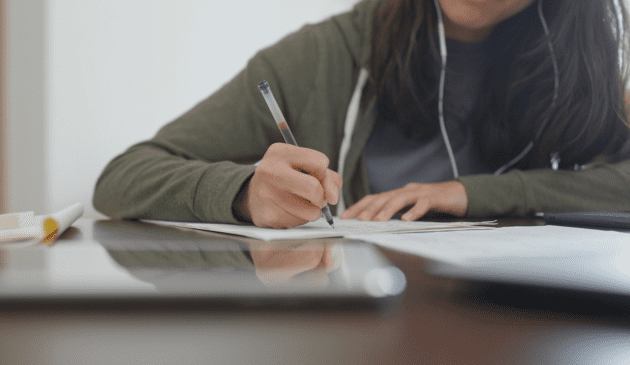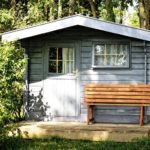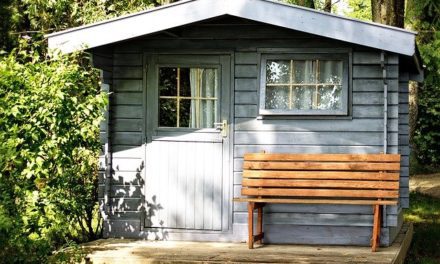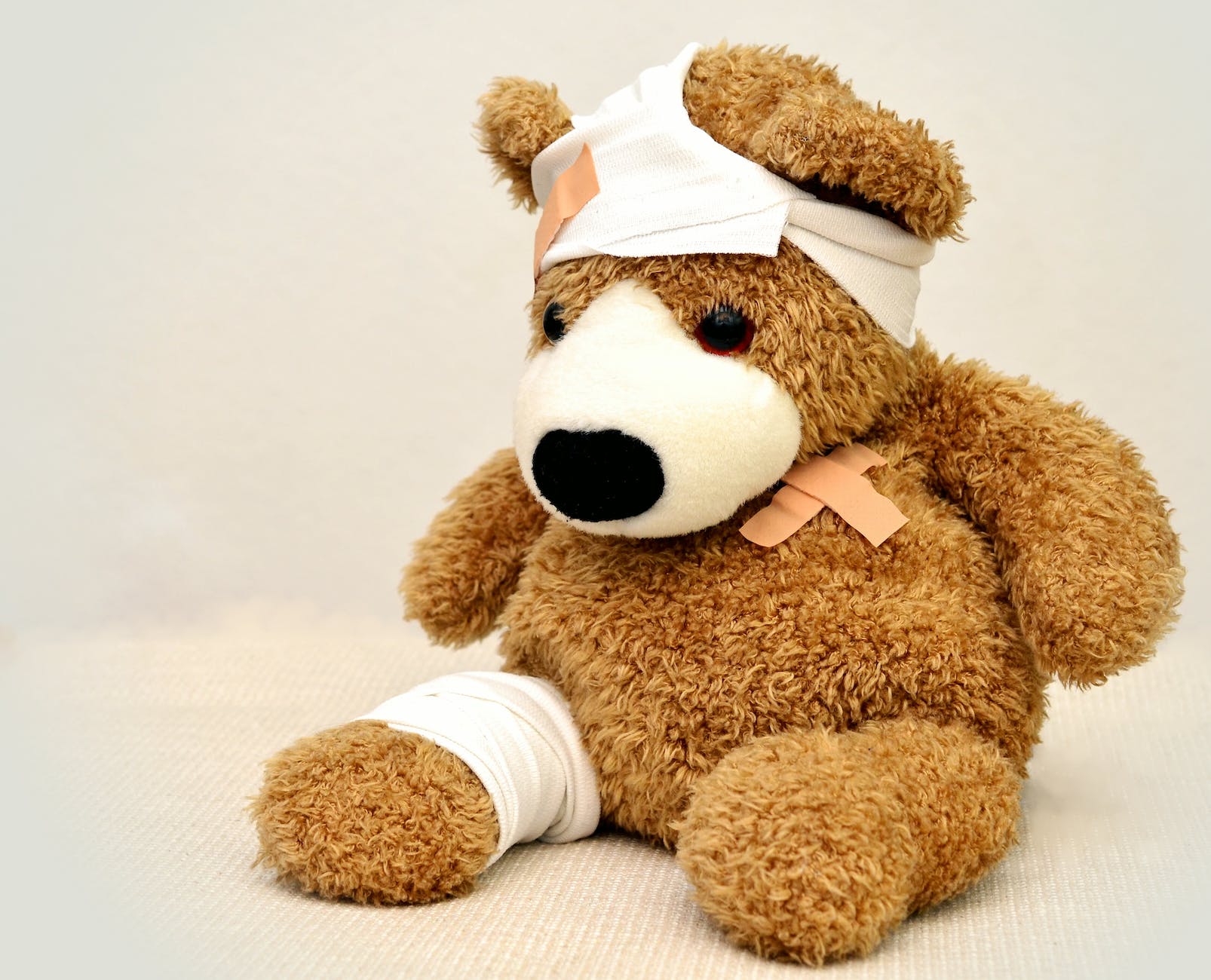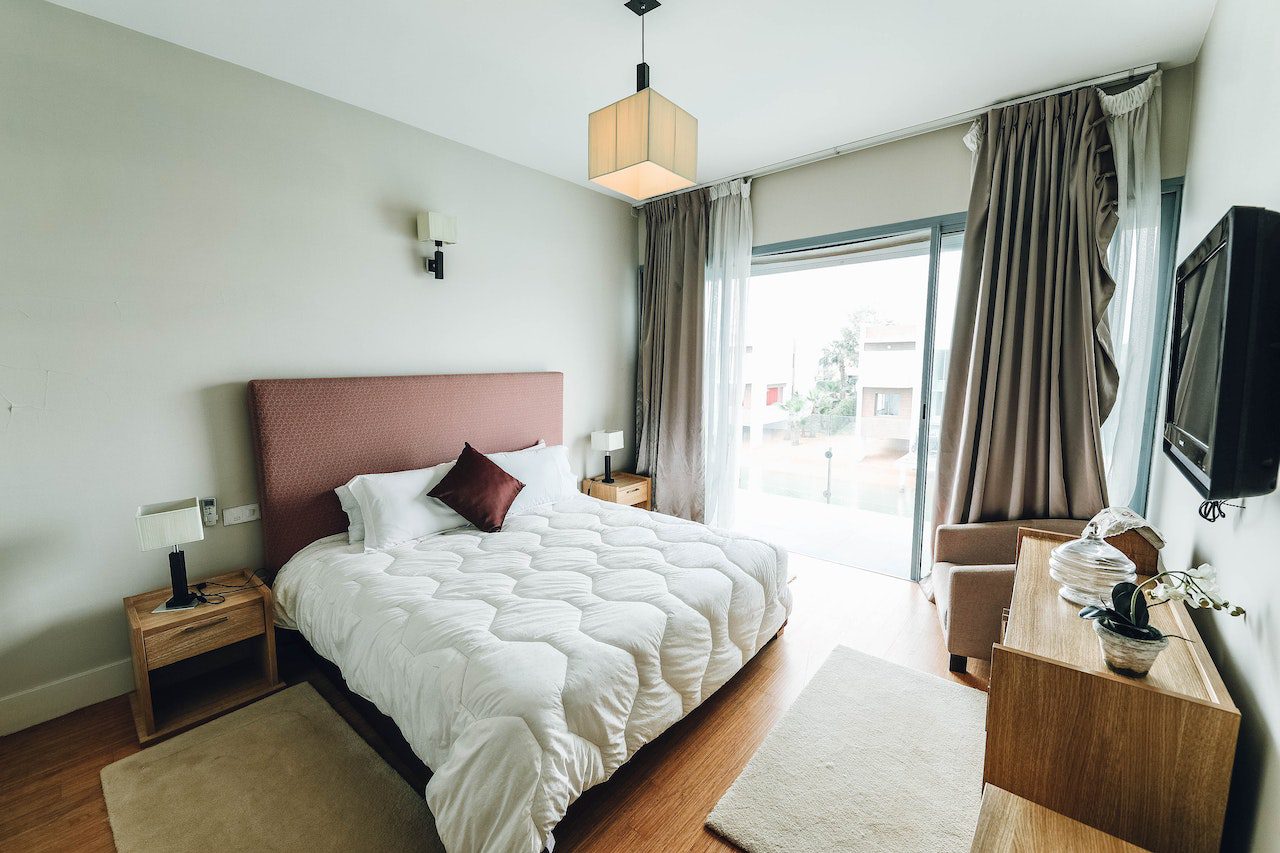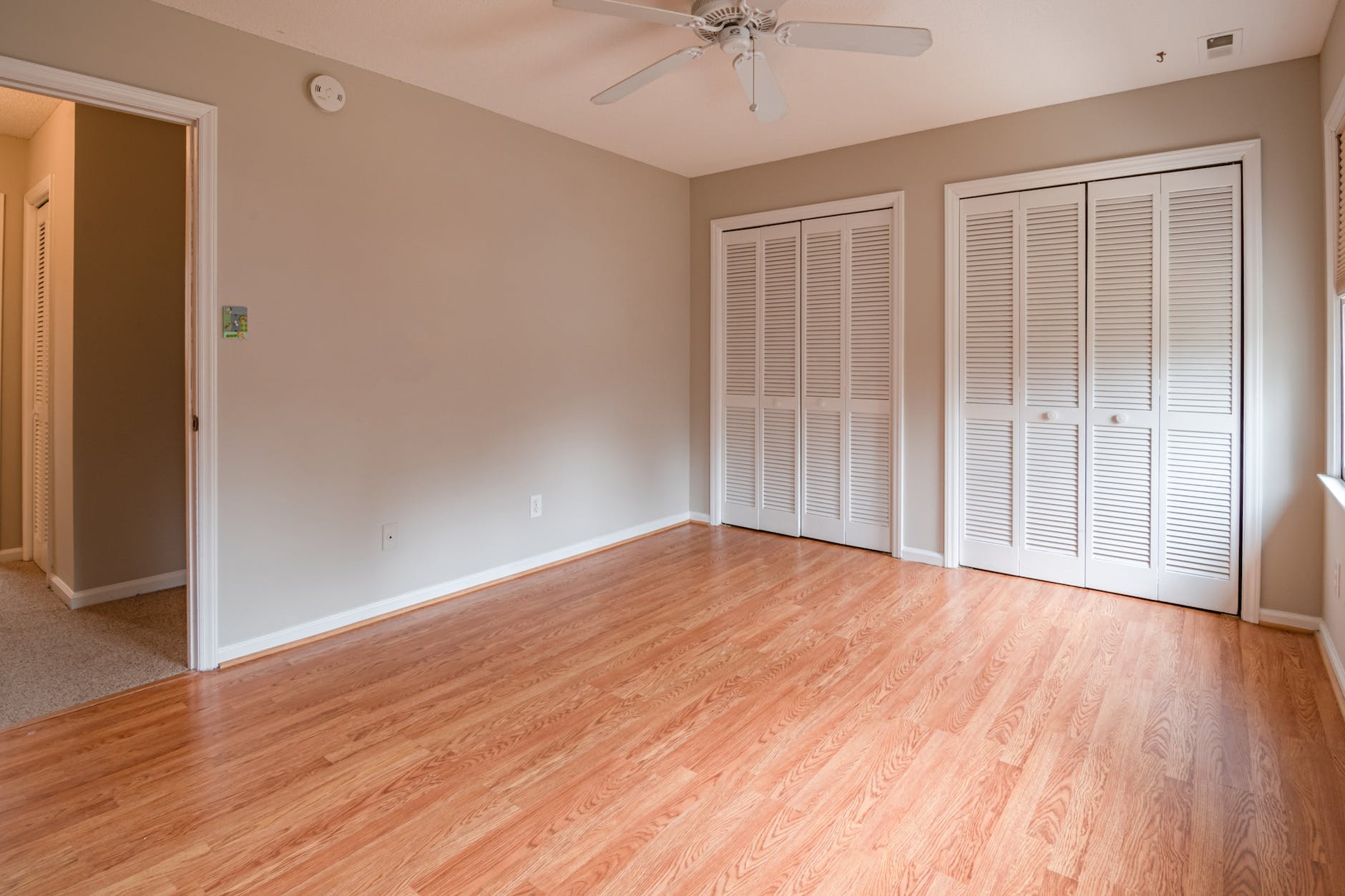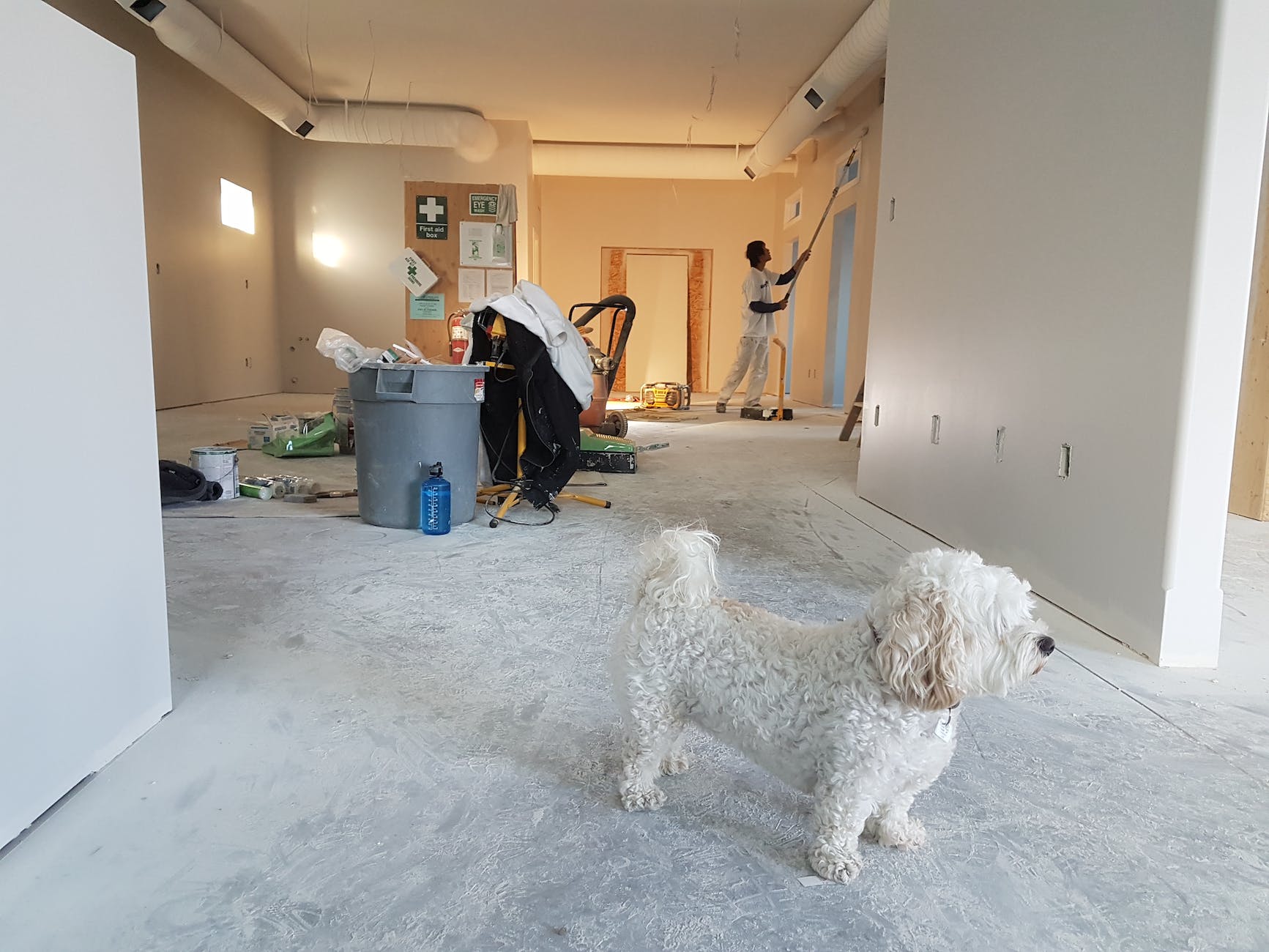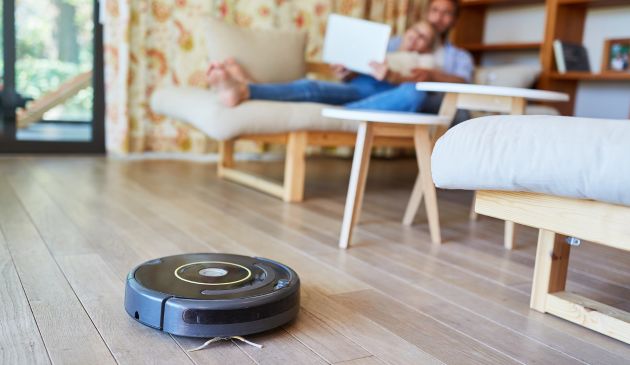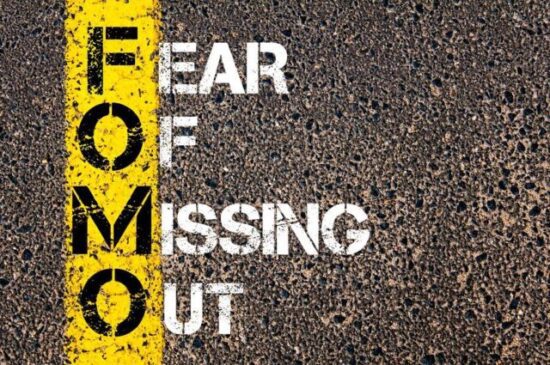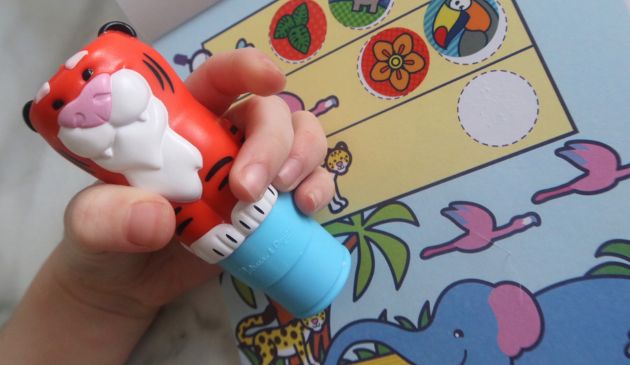
8 Things to Have Inspected when Buying a New Home

This is a collaborative post
Are you thinking of buying a new home? Congratulations! It’s a very exciting time. But before you sign on the dotted line, there are some things you’ll want to have inspected and fixed. That said, here are seven things to put on your list.
1) The Roof
One of the most important things to have inspected is the roof. After all, it’s what protects your home from the elements. If there are any problems with it, they’ll need to be fixed before you move in.
The first thing you’ll want to check is for any missing or damaged shingles. If there are any, they’ll need to be replaced. You’ll also want to make sure that the flashing around the chimney and other openings is in good condition. If it’s not, water could get into your home and cause serious damage.
Another essential thing to look at is the gutters. They should be free of debris and properly attached to the house. If they’re not, they could cause water to pool around the foundation, which can lead to serious problems. Finally, you’ll want to have the roof inspected for any signs of leaks. If there are any, they’ll need to be repaired before you move in.
2) The Foundation
The foundation is another vital part of the house that you’ll want to have inspected. After all, it’s what supports the entire structure. If there are any cracks or other problems with it, they’ll need to be fixed before you move in.
The first thing you’ll want to check is for any cracks in the foundation. If there are any, they’ll need to be repaired. You’ll also want to make sure that the foundation is level. If it’s not, it could cause problems with the stability of the house.
Finally, it would be best if you had a professional inspect the foundation for any other potential problems. Also, while you’re at it, you should have the basement inspected as well. Again, if there are any problems with it, they’ll need to be fixed before you move in.
3) The Plumbing
The plumbing is one of the most important systems in your home, and you want to make sure it’s in good working order before you move in. Have a professional plumber inspect all the pipes and fixtures, including the water heater, and make sure there are no leaks or other problems. If there are any issues, get them fixed before you close on the house. Otherwise, you could be facing some expensive repairs down the road.
In addition, find out where the main water shut-off valve is located and make sure you know how to turn it off in case of an emergency. It would help if you also had the plumber install a backflow preventer, which will help protect your home’s plumbing system from contamination.
If you’re buying an older home, there’s a good chance that the plumbing system is outdated and may need to be replaced. This can be a costly repair, so you may want to factor that into your budget when considering an older home.
4) The Electrical System
The electrical system is another important part of your home, and you want to make sure it’s up to code. Have a professional electrician like Skyz Electrical inspect the wiring and all the electrical outlets and switches. If there are any problems, get them fixed before you move in. Otherwise, you could be facing some expensive repairs down the road.
In addition, find out where the main circuit breaker is located and make sure you know how to turn it off in case of an emergency. It would be best if you also had the electrician install ground fault circuit interrupters (GFCIs), which will help protect your home from electrical fires.
Older homes often have knob-and-tube wiring, which is no longer used in new construction.
If your home has this type of wiring, you’ll need to have it replaced before you can get insurance. If you’re buying a fixer-upper, there’s a good chance that the electrical system will need to be completely redone. But, again, this is a major project that should only be undertaken by a professional.
5) The Garden
The garden is an important part of the home and should be taken care of. First, you should have the garden inspected to see if there are any problems with the plants or the soil. You should also have the garden fixed if there are any problems so that you can enjoy it for years to come.
Also, you should make sure that the garden is big enough for your needs. If you have a lot of plants, you will need a bigger garden. If you have a small family, you will need a smaller garden.
You should also check to see if the garden has been properly maintained. This means that the plants should be healthy, and there should be no weeds. The grass should also be cut, and there should be no debris in the garden.
How to remodel a garden
The first thing you need to do is figure out what type of garden you want. Do you want a place to grow vegetables or flowers? Maybe you just want a place to sit and relax. Once you know what kind of garden you want, it’s time to start planning your design.
You’ll need to consider the size of your garden, the shape, and the layout. You’ll also need to think about what type of plants you want to grow. Once you have a plan, it’s time to start digging!
If you’re not sure where to start, there are plenty of resources available online and in gardening books. You can also ask for help from a local nursery or greenhouse. They can give you advice on what plants will do well in your area and how to care for them.
Once you’ve got your garden all planned out, it’s time to start planting! Be sure to water your plants regularly and give them plenty of sunlight. With a little bit of care, you’ll have a beautiful garden in no time.
6) Pest Control
Pests can be a big problem in any home, and you want to make sure that your new home is free of them. Have a professional pest control company inspect the property for termites, ants, mice, and other pests. If they find any problems, get them fixed before you move in.
It would be best if you also had the pest control company treat the property for pests so that you can avoid having problems in the future. This is especially important if you live in an area with a lot of insects or rodents. Pest control is an important part of owning a home, and it’s something that you should take seriously. By taking these steps, you can help ensure that your new home is pest-free.
7) Insulation
Insulation is important in any home, but it’s especially important in a new home. Make sure that the insulation in your new home is up to code and that it’s installed properly. This will help keep your energy bills down and make your home more comfortable.
If you’re not sure whether or not your new home has adequate insulation, have a professional come out and take a look. They can assess the situation and recommend the best course of action. Insulating your home is a great way to save money on your energy bills, so it’s definitely worth doing if you can.
The benefits of having insulation
Having insulation in your home has many benefits. First, it helps keep your home warm in the winter and cool in the summer, which can save you money on your energy bills. Insulation also helps reduce noise from outside, making your home more peaceful.
Another benefit of insulation is that it can help protect your home from fire. If there is a fire in your neighbourhood, the insulation will help keep the fire from spreading to your house. Finally, insulation can also help keep pests out of your home. These are just a few of the benefits of having insulation in your home. If you’re thinking about adding insulation to your new home, be sure to talk to a professional about it first.
8) Sewage and Water Lines
The sewage and water lines in your new home need to be inspected by a professional before you move in. This is because these lines can be very old and may need to be replaced. If they are not replaced, you could have problems with your water pressure or even sewage backup.
Make sure that the inspector checks the condition of the pipes and fittings and that they are up to code. If there are any problems, get them fixed before you move in. It’s better to be safe than sorry when it comes to your sewage and water lines.
These are just a few of the things that you should have inspected and fixed when buying a new home. By taking these steps, you can help ensure that your new home is safe and comfortable.



